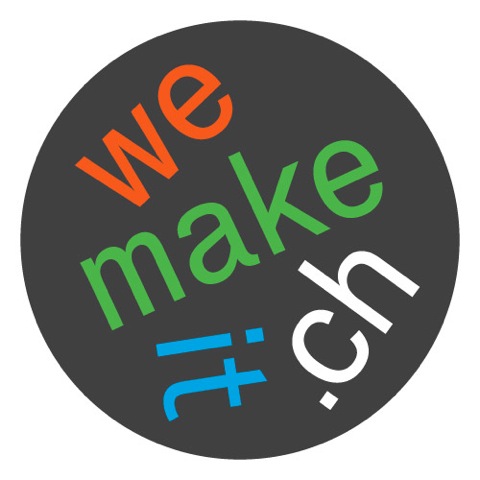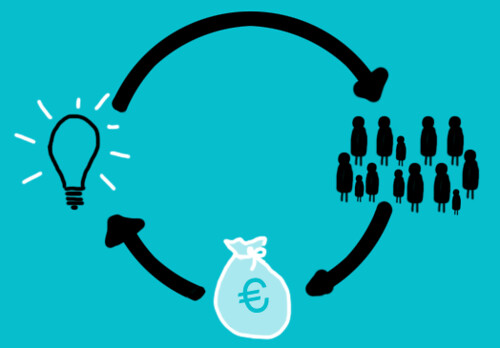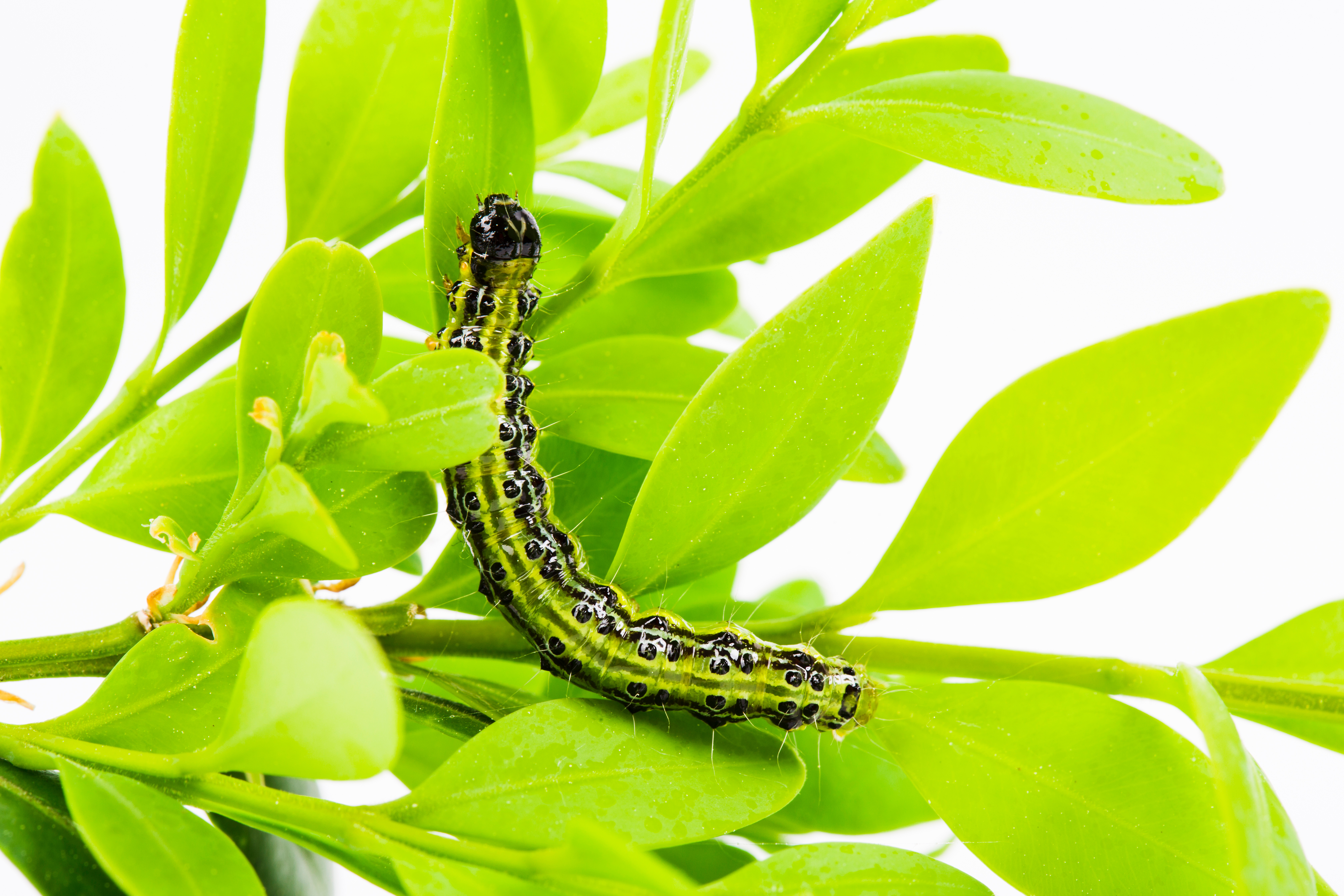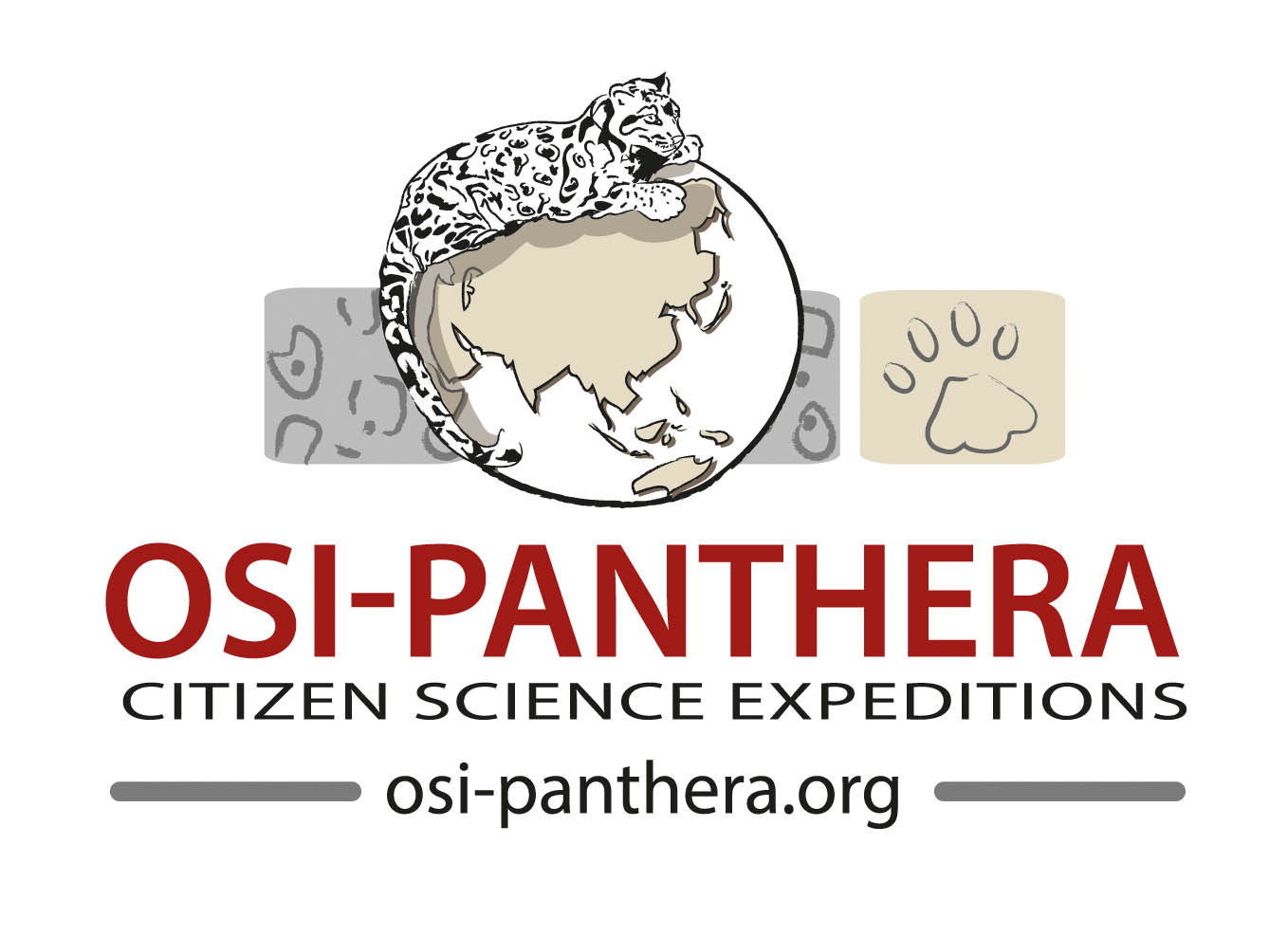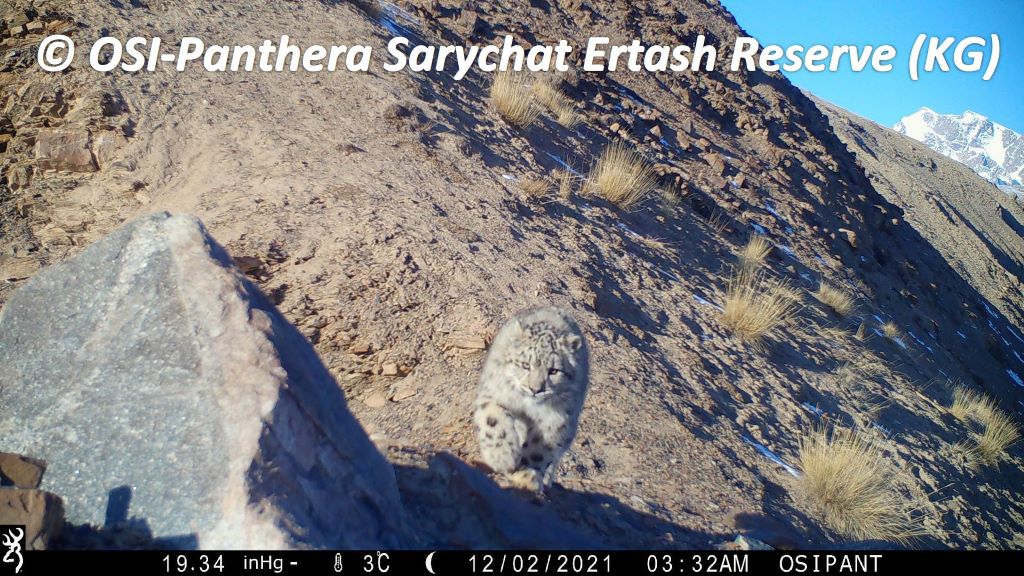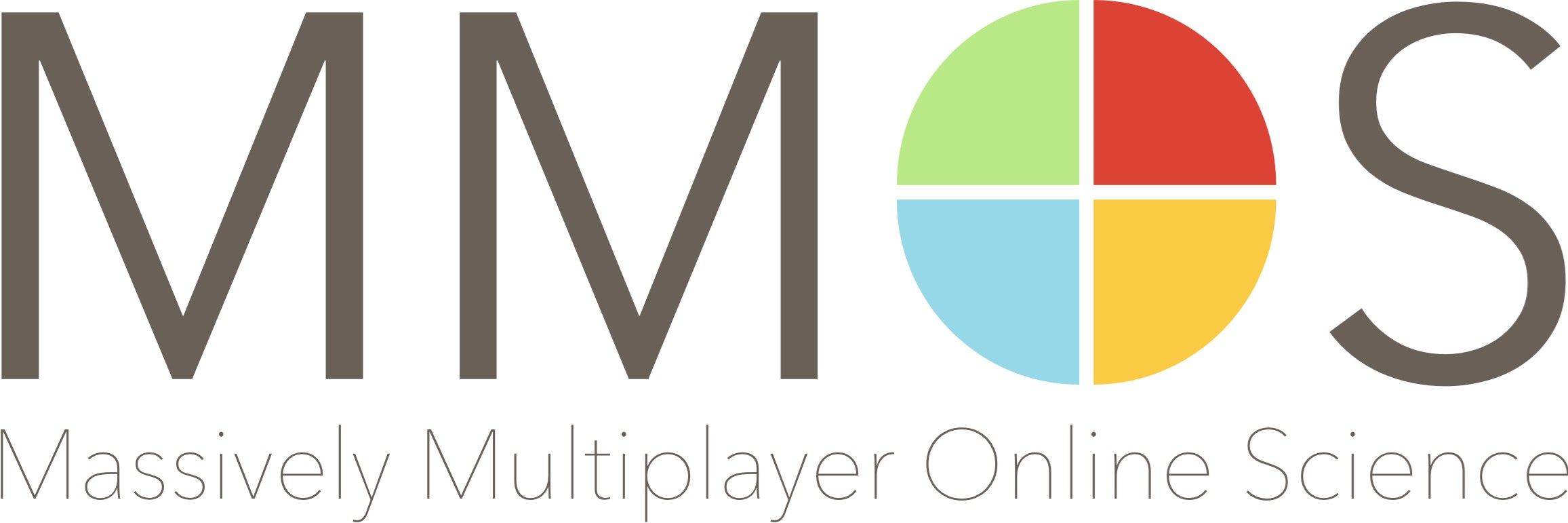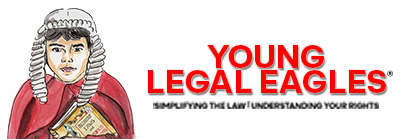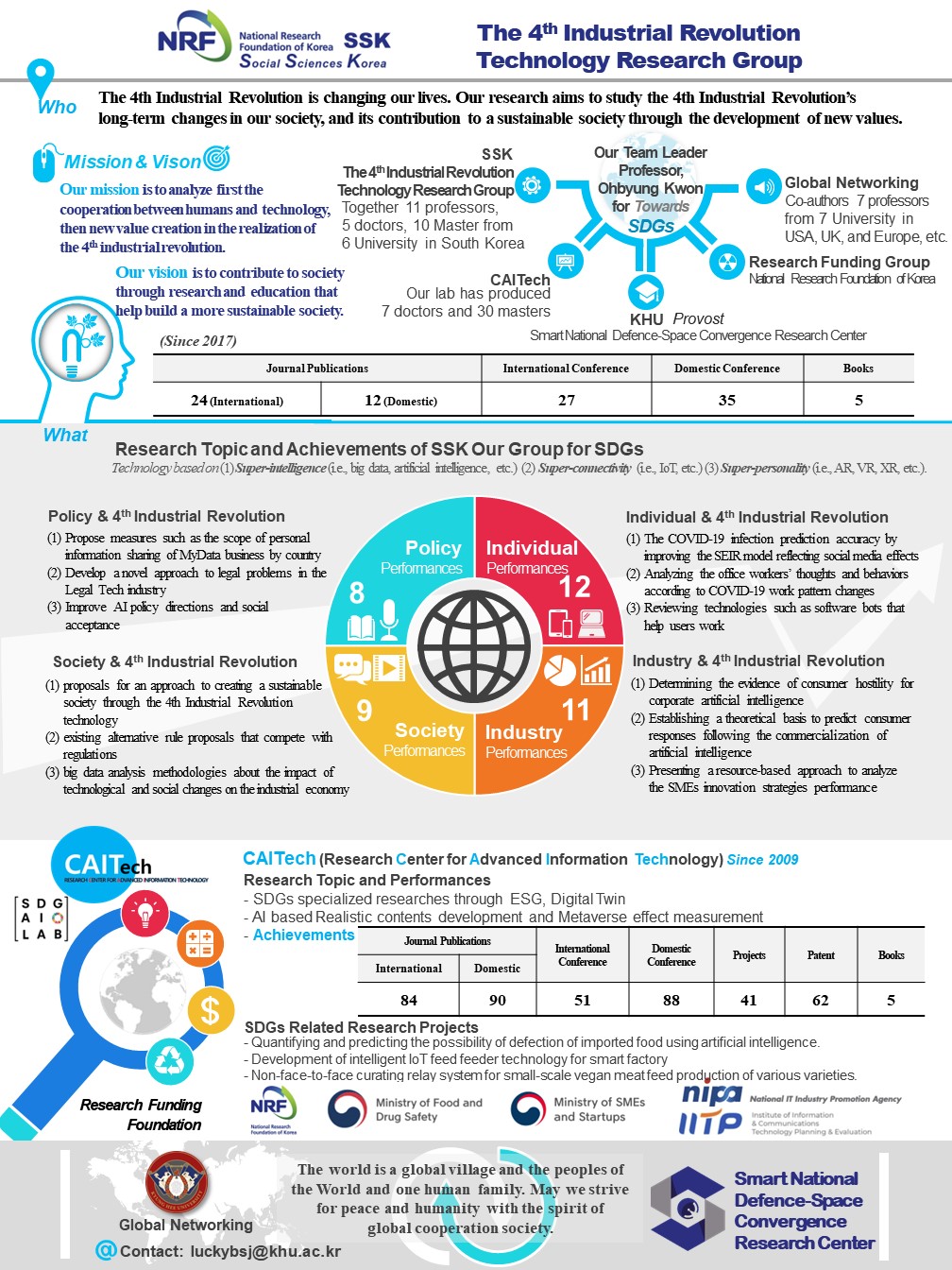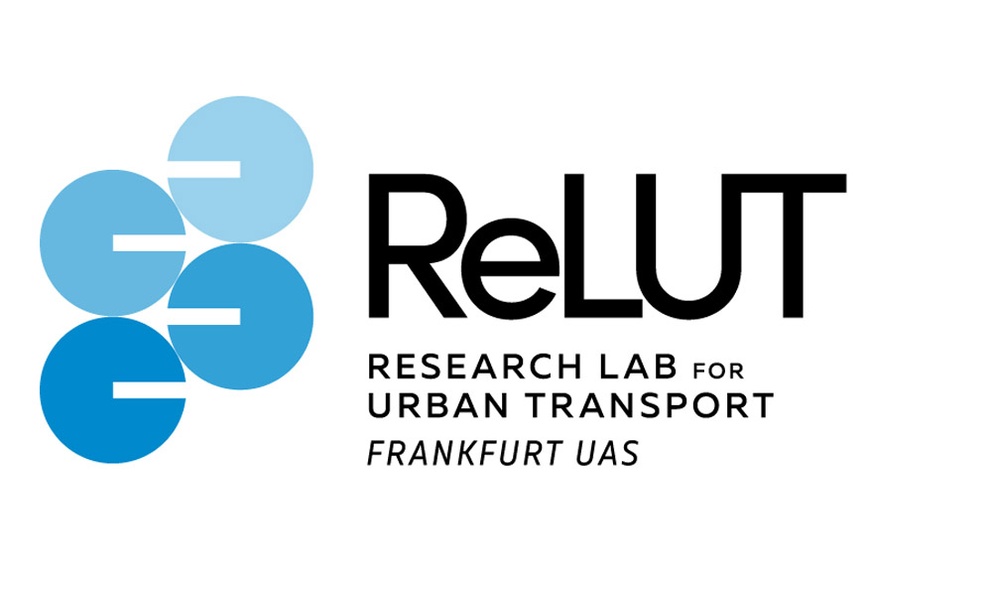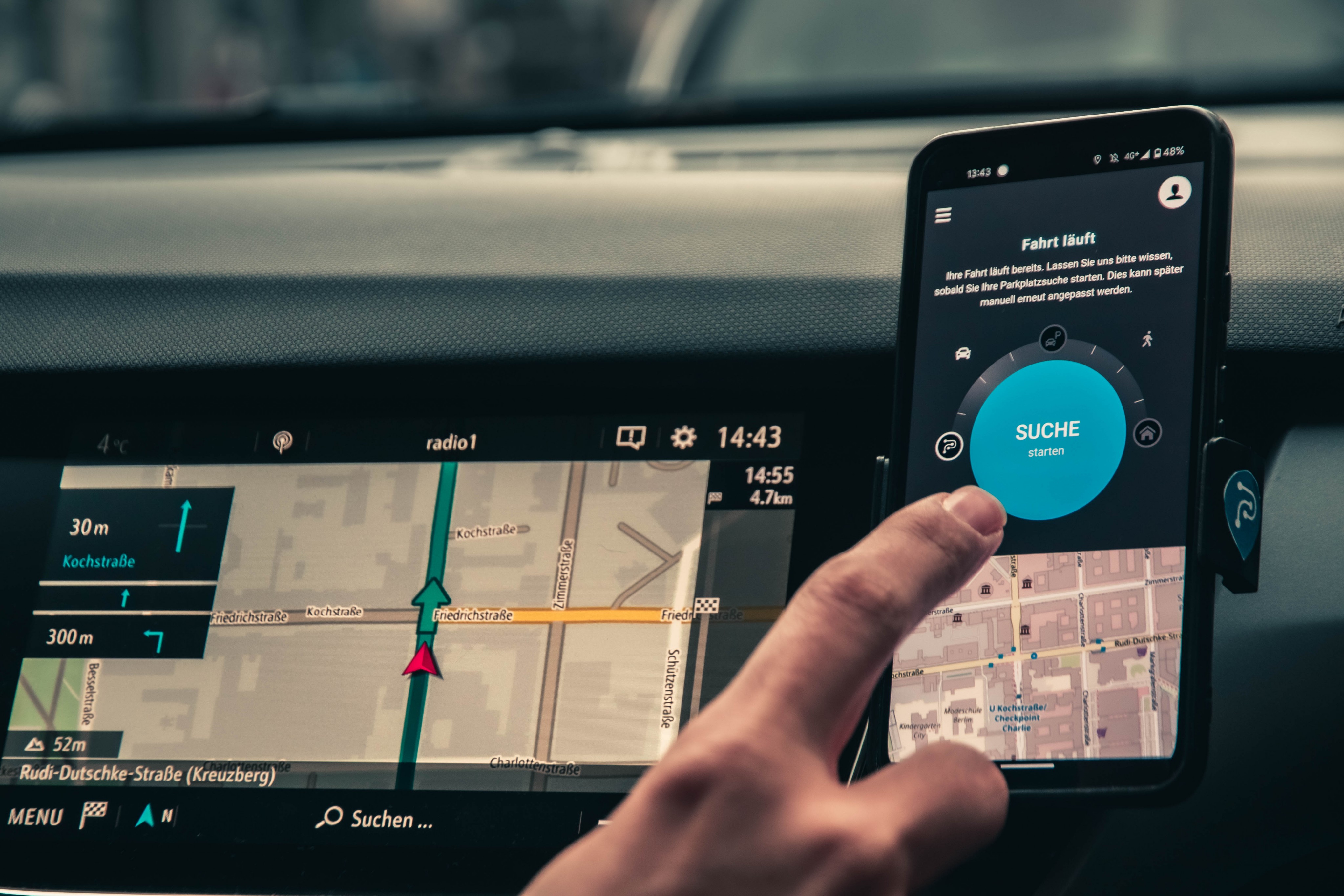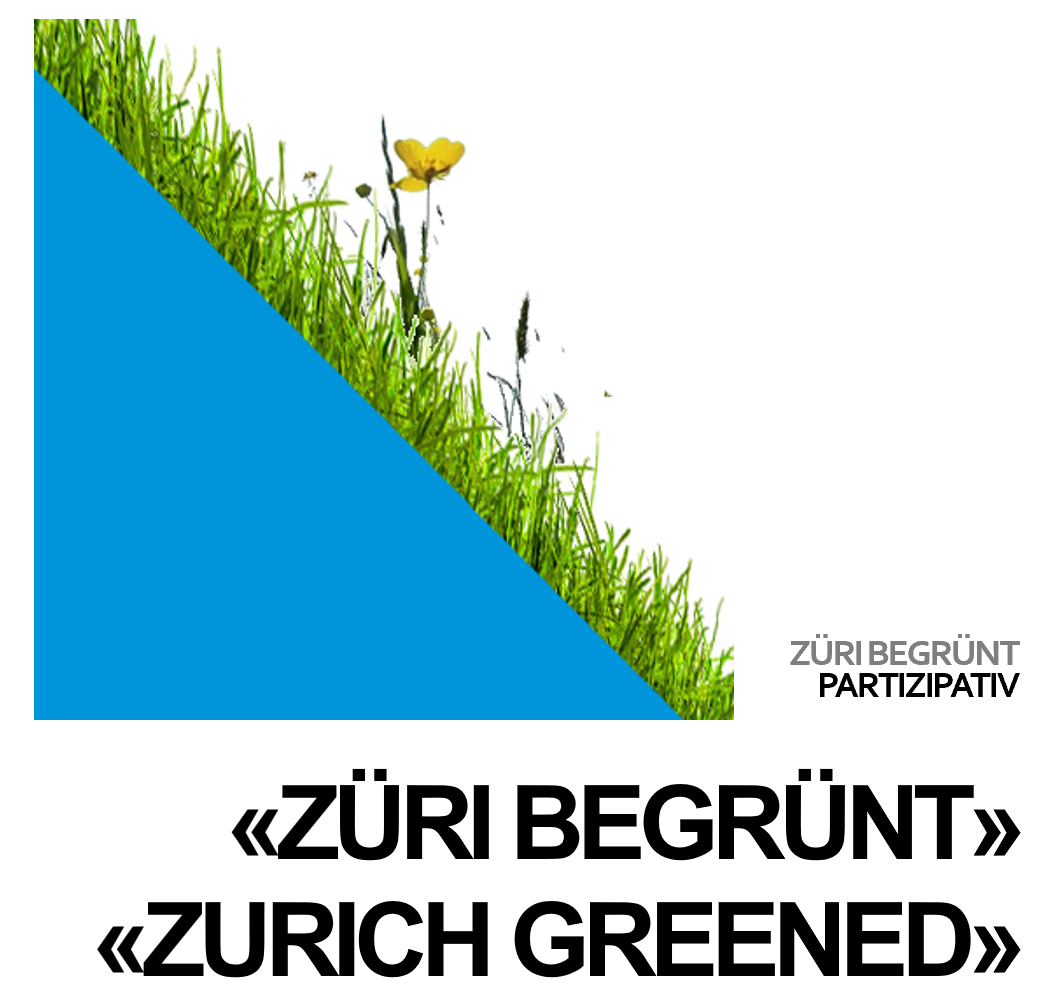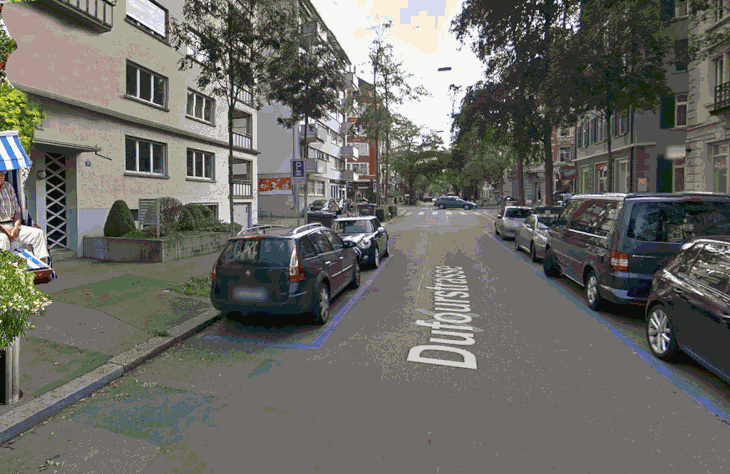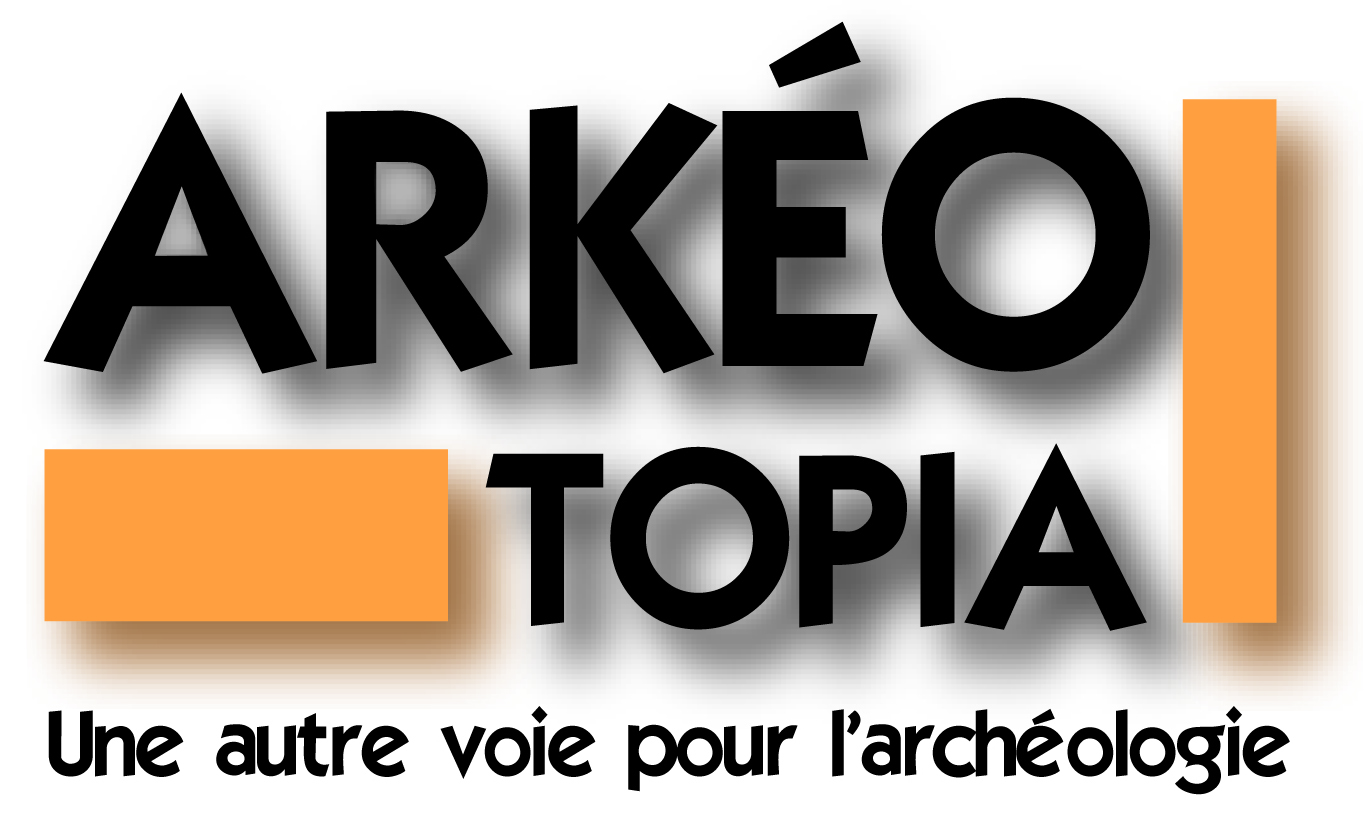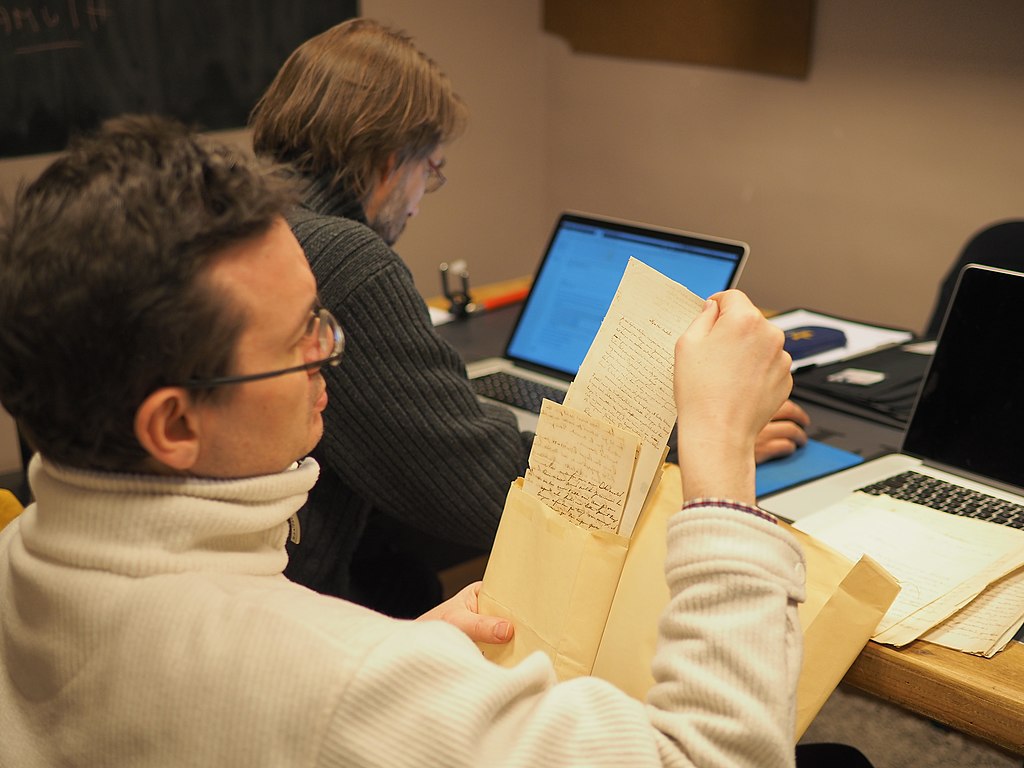Home > Full program > Participatory Research, Citizen Sciences, Crowd-Innovation and Fab Labs for Peace and Development - Annual International Conference 12 to 14 December, 2023, Geneva
Introduction
7th Annual International Conference on Participatory Research, Citizen Sciences, Crowd-Innovation and Fab Labs for Peace and Development - 12 to 14 December, 2023, Geneva Organized by Objectif Sciences International,
in Official Partnership with ECSA, AddictLab, FabLab DigiScope and Université Paris Saclay
in Partnership of communication with (Other continental or worldwide networks, please contact us) Please forward to everybody you know active in the domain.
Below the Call for Contributions (Call for Abstract).
For all proposal of communication for the Program, please use the form on this page.
Thank you to use the form at the bottom of the page to subscribe, including if you want to attend only as audience.
Call for Contribution 2023 :
International Annual Conference on the Participatory Researches, Citizen Sciences, Crwod-Innovation and Fab Labs
in the frame of the 15th GENEVA FORUM at Geneva, December 11-15, 2023
Geneva, Switzerland
The program
| Tuesday 12 December aftermoon, Wednesday 13 December whole day and Thursday 14 december morning, 2023
from 14:00 to 18:00 Wednesday evening, de 19:00 à 23:00 : Networking Dinner of Science for Peace and Development Networks |
FREE ENTRANCE UNDER SUBSCRIPTION (United Nations Access Pass) |
| Presentations will be held in english and french. Debates and questions will be organized in english and french. | |
| Leading Projects of Education to Science and Citizen Sciences since 1992, and creating 1st Participatory Researches Camps in 2004, the NGO Objective Sciences International have the Special Consultative Status to United Nations. Active in all continents, the NGO organize every year, since 2012, the International Annual Conference on Rights of Nature in United Nations, at which one participate all Governments actives in this domain or interested by these works. From 2016, and every year, OSI organize into the heart of the United Nations hemicycle the International Annual Conference on the Citizen Sciences and Participatory Researches, in order to allow all the actors and operators in these domains to exchange, meet and share directly and at the largest international level. | |
| Crowd Sourced Sciences Operators of Citizen Sciences who exchange already at national and continental levels (Europe, America, Asia, Africa, Middle-East...) and who desire to exchange together, and share practices and solutions, at the world level, meet together at the Annual International Conference organized in the United Nations. | |
Fab Labs / Citizen Science / Participative Researches
Several public or associative organizations that are active in the domain of Citizen Sciences or Participative Research, federated or organized, at the national level. The main national actors, the federations, and the specific operators, organized presently at the international level, and are called to meet annually at the end of the civil year, at the International Annual Conference on the Citizen Sciences and the Participative Researches, at Geneva.
This annual space of sharing results and pooling of skills, allow to the actors of the domain to exchange practices, solutions, ideas, needs.
Your Annual Exchanges Resource
In the following of the national and continental meetings that are organized in each country and continent by the local federation, this International Annual Conference at Geneva allow the actors to implement in consultation, or to inform mutually, of progress and actions they lead during the year, or that they have in project.
The participants at this Conference are:
- Local and regional actors of different countries
- Thematic Actors by scientific disciplines
- Regional or national federations
- Thematic Federations, by scientific disciplines
- Large Institutions of Science or Education
- Government departments (Education, Research, Environment, Industry ...) and international associations of Ministries
- Specialized Journalists (science, environment, education, sustainable development ...)
- UN agencies (UNDP, UNEP ...)
Subjects that are in the agenda of this year are:
- Standards and references of exchange on Citizen Science practices between national and international organizations
- National and international Charts of Citizen Science, examples, projects, ongoing discussions of shares
- Financing Solutions of the actions of Citizen Science
- Access of citizen actors to the Research beyond their simple contributions
- Administrative Status / legislative / recognition / etc of actors of Citizen Science projects
- The Citizen Research, beyond the digital interface
- Expected Features of web portals of Citizen Science
- Services for Citizen Science provided by FabLabs
- Dissemination and Exploitation of the results to the uninvolved Big Public
- Road map for the mutual opening of the data collected
| Special Chamber by and for the FabLab : FabLab for the Sustainable Development |
|---|
| FAB SDGs is the Macro-Management Initiative created by OSI - Open Science International (Objectif Sciences International) and Fablab Digiscope - Université Paris-Saclay to facilitate the alignment of fablab activities with the Sustainable Development Goals (SDGs). This workshop of the the Conference, organized in this long term collaboration with the GENEVA FORUM will gather experts from the global fablab network who already align with the SDGs together with new comers willing to align their fablab programs with the SDGs. For this second session at the GENEVA FORUM 2022, the FAB SDGs Working Group will focus on detecting existing and robust programs that already align with the SDGs through an anticipated call for contribution to fablabs. This call will also give new comers the opportunity to expose new programs and activities - even the most disruptive ones - aligning with the SDGs. During the GENEVA FORUM, we will discuss the panel of strategies to support, to distribute, and to bring the most advanced fablab activities, programs and peoples to align with the SDGs at a global scale, to promote the alignment between the Open Science Practices and the SDGs. For participating as speaker at this workshop, you just need to register at GENEVA FORUM on this page, then follow instruction your will received to post a proposal of presentation. For participating as listener and participant, you just need to register at GENEVA FORUM on this page. |
Detailed Program
Exchanges between stakeholders of the meeting will happen in a round table between speakers and debates with the audience of the Assembly.
Organiser : NGO Objective Sciences International, Geneva
Chairman:
| Mr Thomas EGLI CEO GENEVA FORUM : www.osi-genevaforum.org Know more about Thomas EGLI, Founder of Objectif Sciences International, CEO of the GENEVA FORUM |
Co-Chairpersons:
| Mr Romain DI VOZZO in charge of the Fab Lab Chamber Fablab Digiscope|Université paris-Saclay|FAB SDGs Initiative |
Here the Programme of the 5 days of GENEVA FORUM of December 2022, where are described the days dedicated to the Conference on Science for Peace and Sustainable Development Goals.
Official Opening Session
Official welcoming session for Fab Lab Chamber : Tuesday 12 December 2023 3:00 pm
Session organised in partnership with Fab Foundation, FAB SDGs Initiative, Université Paris Saclay and Objectif Sciences International.
- Keynotes
- Remarks on current situation
- informal gathering of Fab Labs; Welcome and preparation for Wednesday Fab Lab activities
Official welcoming session for Citizen Science Chamber : Wednesday 13 December 1:30 pm
Session organised in partnership with ECSA, AddictLab, Science et Cité and Objectif Sciences International.
- Keynotes
- Remarks on current situation
- Remarks about concepts of the International Annual Conference
Presentations currently proposed for 2023
Presentations done in 2022
Validated Presentations
Opportunities and Challenges with Citizen Science ORAL PRESENTATION
By mobilizing "citizen scientists", participatory sciences have been contributing to our research projects. The presentation will review a typology of various programs and a presentation of the implemented experiences and will analysis the stakes and the issues we faced.
Mr Frederic ANDRES, National Institute of Informatics, Japan, www.nii.ac.jp
Projet OSI WaterWatch et OSI chip hack’Ademy ORAL PRESENTATION
We are going to present two different but complementary participatory scientific research operations with the same long-term objective. These two participatory research projects took place in Nancy, France, from 10 to 24 July 2022.
In this project we were divided into two different groups: OSI WaterWatch and OSI Chip Hackademy. The WaterWatch project aimed to perform chemical and physical measurements on water samples taken from streams. The OSI Chip Hackademy project aimed to create a database to store the measurements made by the OSI WaterWatch scientists.
Mr ROUZET Mathieu and Mr GAUTHIER Arthur, ONG Objectif Sciences International - OSI-WATER WATCH, France, https://www.vacances-scientifiques.com/spip.php?page=advanced-research&rids=%5B577%5D
Successes and failures of the first Swiss Crowdfunding plattform for science ORAL PRESENTATION
Citizen Science, crowdfunding and science in general, have the tremendous potential to change the world for the better by including citizen. However, prior to 2017 there was no platform specifically dedicated to science in Switzerland. And science was solely mainly financed by industry and by different foundations, especially the state-financed Swiss National Science Foundation (SNSF). However, the vast majority of research projects funded by the SNSF are long-term, with a duration of 2 or 3 years, with large budgets, and usually do not involve the citizen.
Crowdfunding thus seemed to be an interesting way forward, as many creative industries and fields, such as arts, journalism and others were already using crowdfunding for launching new innovative ideas.
Crowdfunding would allow project initiators not only to quickly fund small-scale ideas, but also to test their ideas with a broader public and involve them actively via Citizen Science.
These reflections gave lead to the launch in January 2017 of the first crowdfunding platform specifically focused on science projects in Switzerland. The platform called the Science Booster is now well established, and available under https://science.wemakeit.com/. In the presentation, the founder will present the story of this platform, its results since 2017, as well as its failures.
BISCHOFBERGER Mirko, We Make It, Switzerland, science.wemakeit.com
The impact of the boxwood borer in the Drôme (South East of France) ORAL PRESENTATION
We will discuss the problems related to invasive species and more particularly the boxwood borer. Indeed, during a stay in 2019 in the Drome with the organisation OSI we could observe this insect and its impact on the environment. We will present this trip and the observations we made in 2019, with the research program ’OSI Perception’. We will propose different solutions to face the moth and other invasive species.
Mr CLEMENT Antoine and NGAMBA Maxence, ONG Objectif Sciences International (OSI) - Programme OSI-PERCEPTION, France, https://www.vacances-scientifiques.com/spip.php?page=advanced-research&rids=%5B570%5D
OSI PANTHERA - PARTICIPATORY RESEARCH PROGRAM ON THE SNOW PANTHER AND ITS ECOSYSTEM ORAL PRESENTATION
Discover a participatory research program from the collection to the valorization of data! Since 2006, the OSI-Panthera program has been working to study and protect the snow leopard and its ecosystem in Kyrgyzstan, and since 2019 in Nepal, through the organization of participatory research missions. In the field, participants work to monitor wildlife through observations, readings of signs of presence, setting camera traps and collecting excrement for a genetic study of the snow leopard population.
All this in partnership with nature reserves and local associations. Post-expedition, this beautiful project continues to attract and volunteers (having accompanied us on the field or not) contribute to the analyze of data and/or their enhancement.
Mrs Anne-Lise CABANAT, OSI-PANTHERA, Kirghisztan, www.osi-panthera.org
Gamers for Science: How to Change the World in Small Steps ORAL PRESENTATION
Citizen science reigns supreme in science engagement and provides invaluable help for researchers. Unfortunately, it often struggles with attracting participants. Our innovation was the integration of these science microtasks with existing major videogames with the help of expert videogame developers to invite massive gamer communities as contributors. Collaborations, like Borderlands Science or EVE Online’s Project Discovery with high-profile researchers, like Nobel laureate Michel Mayor or Rob Knight co-founder of the American Gut Project delivered groundbreaking results in citizen science.
In our presentation we provide a summary of the achievements of the last 6 years, how our small Swiss company, Massively Multiplayer Online Science (aka MMOS) set up several citizen science collaborations with major AAA videogame developers. These research mini-games became the most active citizen science projects worldwide, engaged over 5 million players, contributed with over 700 million scientific puzzles solved, were praised by a worldwide media coverage from the New Yorker to the frontpage of Nature Biotechnology, featured in several documentaries, and received awards, like the prestigious Lovie Award, the Innovation Award of the University of Geneva or the IGDA Community Leadership Award. We also give a short insight of what is under research and development at MMOS.
Mr. Attila SZANTNER, Massively Multiplayer Online Science (MMOS), Switzerland, http://mmos.ch/
To what extent do children have rights, an awareness of their rights and the ease to which they can apply their rights in individual member countries : A citizen Research project ORAL PRESENTATION
Believe it or not, children should have more rights than adults. This is improving all the time, with new children-focused legislation being further integrated into domestic law of many UN member states.
For many years, children were considered not to have their own rights. Instead, they were often seen as vulnerable and intimidated individuals and property of their parents or guardians. Their rights were considered as something subordinate to the overall needs and rights of their elders. Over the centuries, this has resulted in children being placed at risk of significant harm or having their rights infringed upon, with little to no protection from the law. This has led to many years where people and the State have run roughshod over the rights of children, leading to what we now accept to be extensive abuse. Rolling the clock forward to today’s world, children should now share exactly the same human rights as adults and they also now have their own additional rights embodied in both international and domestic law. However, even with this being the case, there are still times when children’s rights are being ignored. When this happens, governments and official bodies are supposed to intervene to look after the rights of children and make them aware of those right. Sadly, this doesn’t always happen. Children’s rights are an inalienable prerogative of all children to assert. Every person in society is an individual and has a right to be treated as such and with respect. If history has taught us anything it is that if we don’t use those rights and challenge society’s wrongs, we can end up losing those rights. Over the last few years, more and more children are becoming activists and agents for positive change in society, with the likes of environmental activist Greta Thunberg and Nobel Peace laureate Malala Yousafzai, leading the way. This has brought about a slow increase in awareness of children’s rights, with children seeking to get their voices heard and finding new ways to participate in the main decision-making processes that will influence their future.
This citizen science study focuses on children who are under the age of 18 years old, with the hypothesis that the majority of children are unaware of their existing legal rights and therefore are unable to properly assert their infringed rights through legal recourse. Children under 18 years of age, account for almost one third of the world’s population. As more children get better access to education, it will inevitably lead to an increase in their awareness of their own rights through national curriculum citizenship lessons. Whether the judicial system is willing to make the necessary changes to make it easier for children to assert their rights, I believe, is a major concern. Our research surveyed 1,892 children. The results indicated that very few children are actually aware that these laws exist to protect their children’s rights or how to go about asserting their rights through the courts. The aim of this citizen science project is to evaluate the current rights afforded, in law, to children, the level of awareness that children have of their own rights and how easy it is for children to apply these rights through the judicial system of their own country. It can be conducted through: Online survey; Street surveys; Digital surveys; & Local community engagement projects. Our mission is to empower children & young people to better understand & engage with their rights, through this citizen science project. To make a positive impact on society and influence policy and key decision-makers at both a national & international level. This citizen science research also supports the United Nations (UN) Sustainable Development Goals, specifically SDG16: to promote peaceful and inclusive societies for sustainable development, provide access to justice for all and build effective, accountable and inclusive institutions at all levels.
Mr LORD Monty, Young Legal Eagles, United Kingdom, https://YoungLegalEagles.com
What role will the co-evolution of the 4th Industrial Revolution technology play for a sustainable society? ORAL PRESENTATION
In South Korea, there is an SSK (Social Sciences Korea) research support program to foster the development of ‘The Excellence Research Group (Think Tank)’ by strengthening the academic self-sufficiency of Korean social science research and nurturing next-generation social scientists. SSK’s purpose is to reconsider the relevance of social science research, such as predicting future society evolutions and solving social problems, by reflecting research demand according to national and social changes. The 4th Industrial Revolution is changing our lives. Our research aims to study the 4th Industrial Revolution’s long-term changes in our society, and its contribution to a sustainable society through the development of new values. What are the top technology areas for convergent co-evolution and value creation through the 4th Industrial Revolution technology?
We are conducting research on the following technologies:
![]() (1) Super-intelligence (i.e., big data, artificial intelligence, etc.)
(1) Super-intelligence (i.e., big data, artificial intelligence, etc.)
![]() (2) Super-connectedness (i.e., IoT, etc.)
(2) Super-connectedness (i.e., IoT, etc.)
![]() (3) Super-personalization (i.e., AR, VR, XR, etc.).
(3) Super-personalization (i.e., AR, VR, XR, etc.).
We are conducting joint research bringing together 10 professors from 6 South Korean universities and 7 professors from 7 overseas universities. From 2020, quantitatively speaking our research resulted in a publication in 24 international journals (SSCI/SCIE index), 5 books, as well as 15 policy proposals, and the fostering of 19 new researchers. In this context, what are the most important areas of research to consider, and why are they necessary?
![]() (1) Individual aspects; Hyper-personalization emergence based on technological innovation in the era of the 4th Industrial Revolution.
(1) Individual aspects; Hyper-personalization emergence based on technological innovation in the era of the 4th Industrial Revolution.
![]() (2) Corporate aspects; Various types of corporate efficiency are being implemented using technology convergence.
(2) Corporate aspects; Various types of corporate efficiency are being implemented using technology convergence.
![]() (3) Social aspects; Along a super-intelligent society, multiple changes are expected to occur in the economic structure.
(3) Social aspects; Along a super-intelligent society, multiple changes are expected to occur in the economic structure.
![]() (4) Policy aspects;
(4) Policy aspects;
It is necessary to encourage the development and safe acceptance of the 4th Industrial Revolution with domestic as well as international legislation and regulatory policies on the use of artificial intelligence and convergence technologies. The main topics and achievements of each of our research areas are as follows. Individuals and the 4th Industrial Revolution; Analysis of major areas where collaboration between humans and technology can be effective
![]() (1) Improving the COVID-19 infection prediction accuracy by improving the SEIR infection prediction model reflecting social media effects,
(1) Improving the COVID-19 infection prediction accuracy by improving the SEIR infection prediction model reflecting social media effects,
![]() (2) Analyzing the office workers’ thoughts and behaviors according to COVID-19 work pattern changes,
(2) Analyzing the office workers’ thoughts and behaviors according to COVID-19 work pattern changes,
![]() and (3) reviewing technologies such as software bots that help users work. Companies and the 4th Industrial Revolution;
and (3) reviewing technologies such as software bots that help users work. Companies and the 4th Industrial Revolution;
For desirable corporate strategies addressing changes in industrial structure, or decision-making processes analysis on commercialization, etc., we are
![]() (1) Determining the evidence of consumer hostility for corporate artificial intelligence
(1) Determining the evidence of consumer hostility for corporate artificial intelligence
![]() (2) Establishing a theoretical basis to predict consumer responses following the commercialization of artificial intelligence,
(2) Establishing a theoretical basis to predict consumer responses following the commercialization of artificial intelligence,
![]() and (3) Presenting a resource-based approach to analyze the SMEs innovation strategies performance.
and (3) Presenting a resource-based approach to analyze the SMEs innovation strategies performance.
Society and the 4th Industrial Revolution; Based on the characteristics of a network society displaying features, such as a sharing economy or a platform economy, that impact technological development and social economy operations, we are developing
![]() (1) proposals for an approach to creating a sustainable society through the 4th Industrial Revolution technology,
(1) proposals for an approach to creating a sustainable society through the 4th Industrial Revolution technology,
![]() (2) alternative proposals to existing regulations,
(2) alternative proposals to existing regulations,
![]() and (3) big data analysis methodologies about the impact of technological and social changes on the industrial economy.
and (3) big data analysis methodologies about the impact of technological and social changes on the industrial economy.
Policies and the 4th Industrial Revolution; To prepare practical regulatory governance and policies that can lead to the introduction and commercialization of artificial intelligence convergence technology,
![]() (1) we propose measures such as the scope of personal information sharing of MyData business by country,
(1) we propose measures such as the scope of personal information sharing of MyData business by country,
![]() (2) develop a novel approach to legal problems in the Legal Tech industry,
(2) develop a novel approach to legal problems in the Legal Tech industry,
![]() and (3) improve AI policy directions and social acceptance.
and (3) improve AI policy directions and social acceptance.
Through research analyzing the cooperation between humans and technology, as well as the creation of new values, we intend to develop a clear action plan to secure a sustainable society in the future. Through South Korean society as well as the global network, this process is expected to serve as an opportunity to present an appropriate model and contribute to a sustainable society.
Acknowledge: This work was supported by the Ministry of Education of the Republic of Korea and the National Research Foundation of Korea (NRF-2020S1A3A2A02093277).
Mr BAE Sujin, Kyunghwa HWANG, Minjeong SUH, and Ohbyung KWON, Kyung Hee University, Republic of Korea, http://4ir.khu.ac.kr, http://caitech.khu.ac.kr
Participatory research project on kelps ORAL PRESENTATION
Algeas are very important to the ocean ecosystem. But they are very useful for the Humans.
We will present a participatory scientific research trip that took place in French Britanny, involving citizens, to observe and study algae, in order to assess their health.
Mrs. EYDELY Lilou, Objectif Sciences International (OSI), Programme de recherche participative OSI-CETIS, France
start2park ; Determining, Explaining and Predicting Cruising for Parking ORAL PRESENTATION
When calculating travel time with navigation apps, the time needed to find a parking space is neglected. Therefore, the attractiveness of private car use compared to other means of transport appears higher than it actually is. Current navigation apps neglect parking search traffic, making private car use appear overly attractive compared to more sustainable modes of transportation and thus increasing congestion. Implementation of parking search time in navigation apps could reduce unnecessary parking search traffic. This would be associated with reductions in emissions, traffic volume, and travel time. Moreover, previous studies show that parking search time (cruising for parking) has not been convincingly measured yet. This research project closes a research gap by precisely measuring parking search time based on collecting data via an app developed for this purpose. For representativeness of our results. we rely on citizen scientists to track their car travel.
Both intrinsic motivation and extrinsic rewards are employed to entice volunteering. From the data gathered we are able to precisely determine the starting time of cruising for parking. In this way, average parking search times can be determined according to district types and time. One research goal of the project start2park is developing a model to explain parking search time to identify public traffic-planning options. Moreover, a parking search time prediction model is developed in order to implement real-time forecasts of parking search time in navigation apps.
Mrs KOENIG Larissa, Research Lab for Urban Transport, Germany, www.frankfurt-university.de/en/about-us/faculty-1/research-institute-ffin/specialist-groups-of-the-ffin/relut
«The Horse» concept - Collaborative Projects across Cultures ORAL PRESENTATION
Discovering things together, discussing, experiencing on site, creating, publishing and propagating: learning through experience fosters sustainable thinking and acting - that is "The Horse" concept! Since the beginning in 2016, students and other young and curious people from various countries get the opportunity to tackle collaborative projects in an international context. We operate the necessary infrastructure for collaboration and project publication and continue to develop «The Horse» concept, that demands & promotes professional, social, linguistic and media skills of learners and teachers.
So far, more than 170 environmental projects by teams from different parts of the world have been published on https://dontwastemy.energy/ // World map with projects: https://bit.ly/3FDCcNE Our goal is to improve «The Horse» concept and make it available to the whole world! We are looking for people who believe in collaboration, who want to take action and make more projects possible across cultural boundaries. Association website: https://the-horse.education/
Mrs SUTER Eliane, su-pa.net / THE ! association, Switzerland, https://the-horse.education/
Zurich greened participatory - cool down your city! ORAL PRESENTATION
Greening is an urgent issue in the context of climate change adaptation. Urban dwellers are particularly affected by the "heat island effect": Urban heat islands affect health and cause rising costs. How does a web-based tool function optimally so that the realization of greening projects gets simpler and more effective. The new concept allows deep insights into practical examples and expertise without ever leaving the simplicity! Projects and ideas can be presented and networking between people from different fields of expertise and interest is encouraged.
The goal of the project is to make cities greener & cooler and improve the quality of life. We will show you the idea and the possibilities. Project description: https://www.schweizforscht.ch/projekte/zueri-begruent-partizipativ-cool-down-your-city (German) Overview web app: https://bit.ly/3VK8fRl (PDF, German)
Mr Dominik FEHR, su-pa.net / "Züri begrünt" partizipativ, Switzerland, https://su-pa.net/
Open Science, a way to Citizen Science ORAL PRESENTATION CANCELLED
Are we communicating enough about participatory research? Is this research fully visible to the media and scientists? Once we have clarified what we mean by Open Science and after positioning participatory research in this approach, we will question the different types of participatory research in order to highlight those that go beyond the usual framework, such as many initiatives coming from the Free-culture movements (Creative Commons, Wikimedia galaxy, Open Street Map, QGIS software, R language, etc.).
We will then come back to the importance of FOSS movements (Free and open-source software movements) for scientific research professionals, using the less known cases of archaeology and meteorology. Then, we will discuss some tracks to make citizen science works more visible to scientists and the media in order to increase its range.
Mr Jean-Olivier GRANSARD-DESMOND, ArkéoTopia, France, www.arkeotopia.org
For the registration form, see below.
To Propose an Abstract for Presentation
| Deadline for the presentation : Still open To submit a presentation, please use also the form bellow. |
Registration Form to the Event
- You contribute to the fees only if necessary (e.g. participation to a Networking Diner)
- To receive all information, please fill in this form as soon as possible
- Filling in this form does not give any obligation to participate. You will receive all the information by email as soon as the form will be validated. You can also consult the same information directly on your screen.
- For questions about access administration : please do not wait to ask for information via this form.
Témoignages
Par Lisette
Excellent goods from you, man. I have be aware your stuff previous to and you're just too fantastic. I really like what you have bought right here, certainly like what you are stating and the way in which by which you are saying it. You're making it entertaining and you continue to care for to keep it smart. I can't wait to read far more from you. That is really a great web site. my web site ... [Billiards->https://www.kinh-doanh-bida.click/2022/09/nhung.html]
Par Margene
After I originally left a comment I appear to have clicked the -Notify me when new comments are added- checkbox and now each time a comment is added I recieve four emails with the exact same comment. There has to be a way you are able to remove me from that service? Thank you! my web-site ... [recurring maid service->https://www.localhomeservicepros.com/barrington-il/cleaning-services/happy-maids]
Par Dina Mosby
Hey there would you mind letting me know which webhost you're working with? I've loaded your blog in 3 different web browsers and I must say this blog loads a lot quicker then most. Can you recommend a good web hosting provider at a reasonable price? Many thanks, I appreciate it! Visit my blog; [garage door repair near me->https://www.google.com/maps/place/garage+door+repair+contractor/@34.056989645663286,-118.27176472169906,10z/data=!4m6!3m5!1s0x80c299ecc06f0769:0x14d0d8d8e90f10f6!8m2!3d34.2303181!4d-118.5491695!16s%2Fg%2F11jclfq9xm?entry=tts]
Submit a testimonial
FAQ
What kind of actor can participate in the GENEVA FORUM ?
The GENEVA FORUM is an annual meeting of the community concerned with citizen science
Science
La science est désormais l’affaire de tous. Découvrez la science d’une manière ludique et active. Nous vous proposons d’en découvrir plus sur nos expéditions à la voile, découverte du plancton.
and fab lab. The different national, regional and international actors from different countries and from the different disciplines associated with this theme will be here to share their practices, experiences and knowledges.
To meet this multitude of stakeholders, such as :
- associations,
- government departments,
- national and international organizations,
- journalists,
- …
will allow you to strengthen your current and future projects.
How to register to the GENEVA FORUM ?
To register, you need to :
1) Check the relevant pages of the conference to get the appropriate information
2) Fill out the pre-registration form by clicking on this link :http://www.osi-genevaforum.org/Registration.html
3) Please ensure that you have received the necessary instructions (check the spam folder) for your registration
4) If you are going to give a presentation, fill out the second registration and confirmation form.
Ask a question








